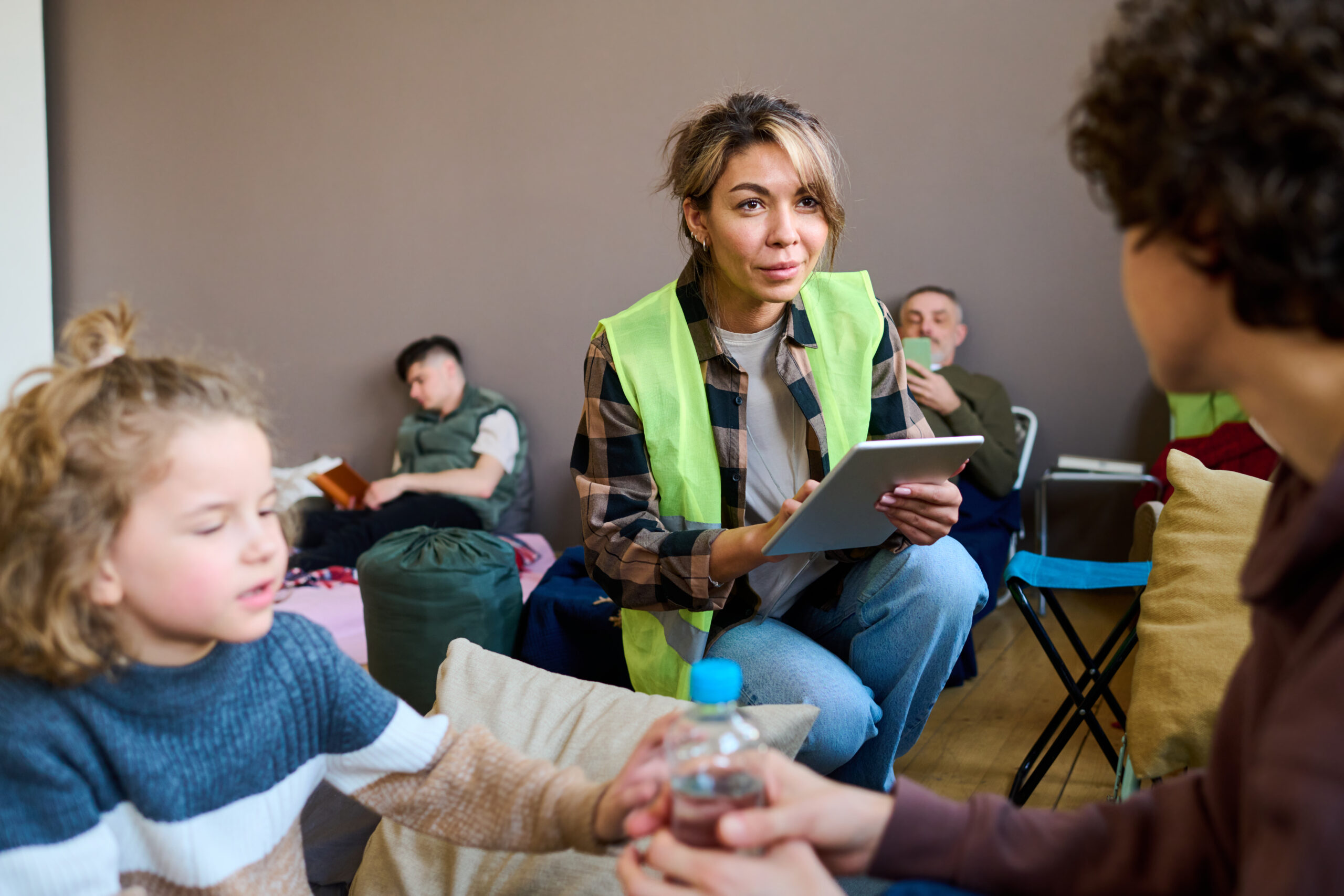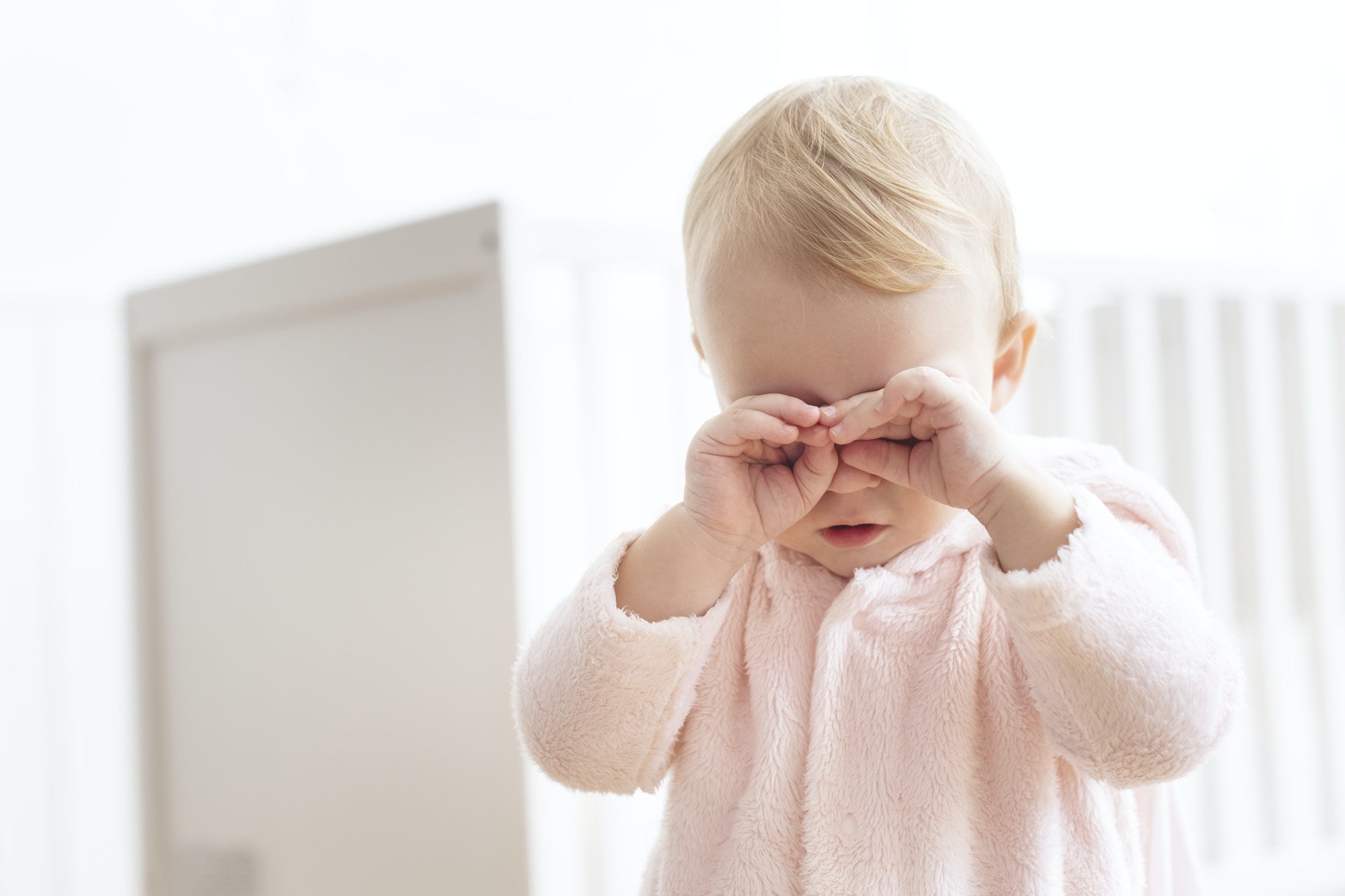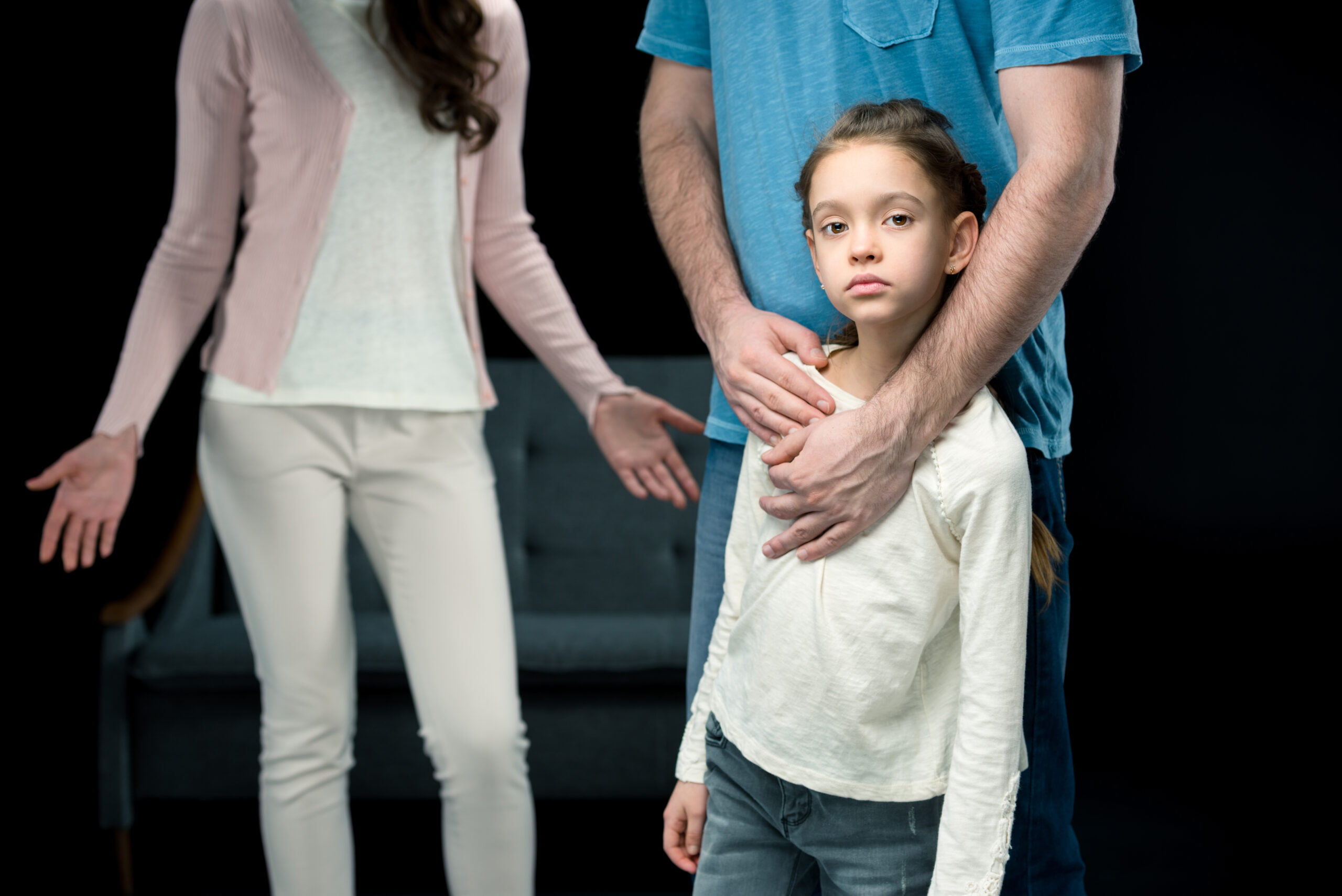Table of Contents
ToggleHey there, fellow parents! You know, as guardians of our little ones, we’re always on our toes, right? But sometimes, life throws curveballs that involve Child Protective Services (CPS). So, let’s dive into this crucial topic: “Does CPS Notify the Other Parent? Key Insights Explained.” We’re not just talking facts and figures; we’re going to explore what CPS really is, their role, and why it’s super important for parents to be in the know when CPS steps in.
What is CPS? Understanding Its Role and Responsibilities
Alright, let’s get down to brass tacks. CPS, or Child Protective Services, is like the watchdog for kiddos’ safety. They’re the folks who step in when there are concerns about a child’s well-being. Think of them as the first responders when things at home might not be all sunshine and rainbows. They investigate, they check out what’s up, and they make sure kids are safe and sound.
Now, you might be wondering, “Does CPS notify the other parent?” Here’s the scoop: it’s not always a straightforward yes or no. See, CPS has this big responsibility to protect the kiddos, right? So, they’ve gotta weigh the situation. If telling the other parent is in the best interest of the child, then yeah, they’ll reach out. But if there’s a chance that this might put the child in more hot water, they might hold off. It’s all about keeping the kids safe, first and foremost.
The Importance of Parental Notification in CPS Cases
Let’s get real for a sec. Knowing what’s going on with your child is crucial. It’s like being the captain of a ship – you need to know the waters you’re sailing in. That’s why CPS notifying parents is a big deal. It’s not just about ticking a box; it’s about keeping you in the loop, so you’re part of the solution, not left in the dark.
When CPS does decide to reach out, it’s your chance to step up. It’s about working together, understanding what’s going down, and making sure your child gets what they need. It’s about being there, being present, and being the parent your kid needs, no matter the situation.
Key Procedures in CPS Investigations
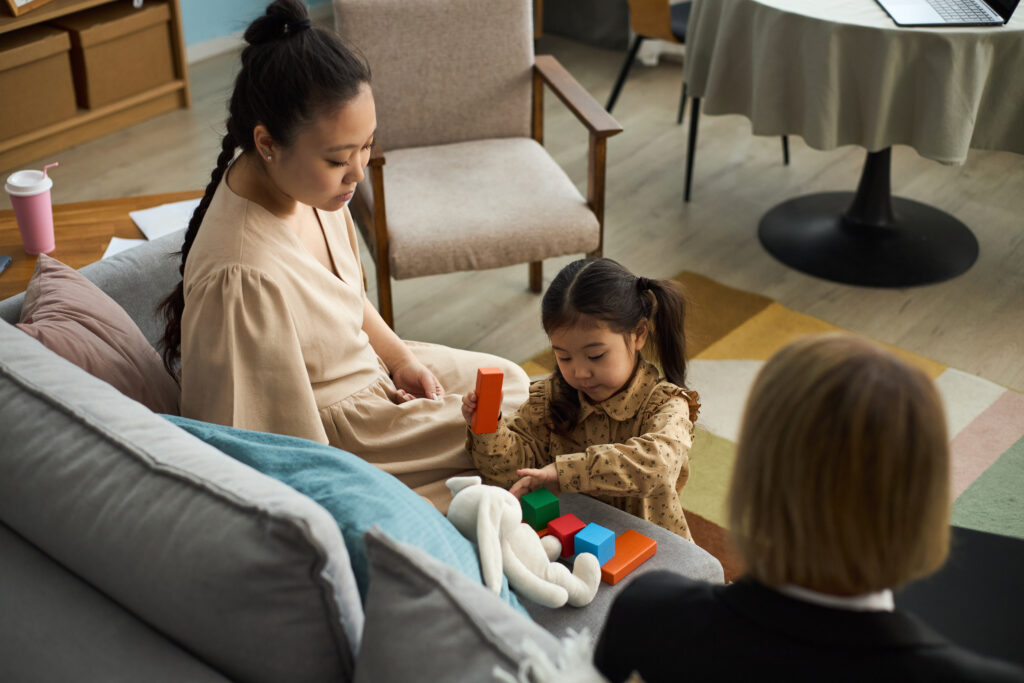
Hey folks, let’s roll up our sleeves and dig into the nitty-gritty of CPS investigations. We’re peeling back the layers to understand what kicks these investigations into gear and what steps they involve. It’s like unraveling a mystery novel, except it’s real life and it’s about protecting our kids.
Initiating a CPS Investigation: What Triggers It?
Picture this: You’re chilling at home, and then bam! You’re thrown into a whirlwind because CPS is knocking at your door. But what lights the fuse for a CPS investigation? It’s not just a random check-up. Usually, someone rings the alarm – maybe a teacher, a neighbor, or even a family member. They might have spotted something off, like signs of neglect or abuse. It’s like a red flag going up, saying, “Hey, something’s not right here.”
Now, I know what you’re thinking – “Does CPS notify the other parent right off the bat?” Hold your horses, we’re getting there. First, let’s understand that when that alarm bell rings, CPS has to take it seriously. They’ve got to ensure that the little ones are safe. It’s their job to sift through the facts and figure out what’s what.
Steps of a CPS Investigation: A Quick Overview
Initial Detective Work:
CPS talks with the child, school, neighbors, or others close to the situation.
Objective: To gather preliminary information and assess the situation.
Home Visit:
CPS may visit the family home, either announced or unannounced.
Purpose: To observe the living conditions and interact with parents and child.
Information Analysis:
Reviewing and analyzing all gathered information.
Focus: Evaluating living conditions, interviews, and other relevant details to determine the child’s best interests.
Does CPS Notify the Other Parent?
Alright, folks, let’s tackle the big question head-on: Does CPS notify the other parent? This is the heart of the matter for many of us, so let’s break it down with some real talk.
Legal Requirements for Notifying Parents in CPS Cases
First things first, the legal side of things. When it comes to CPS, they’re playing by a set of rules that are pretty tight. The law usually has a say in when and how CPS should notify parents. Now, I’m no lawyer, but here’s the gist: If CPS is stepping into your world, they generally need to let you know what’s up, especially if they’re planning on taking action.
But here’s the kicker – it’s not always a two-way street. The law often focuses on the parent who’s directly involved in the case. So, if you’re wondering, “Does CPS notify the other parent?” Well, it’s a bit of a gray area. Sometimes, it depends on the custody situation, the nature of the allegations, and a whole bunch of legal jargon.
Scenarios Where CPS Must Notify the Other Parent
Let’s paint a picture of when CPS might give the other parent a ring. Say there’s a situation where both parents have a role in the kiddo’s life, but they’re not under the same roof. If one parent is under investigation, CPS might need to loop in the other parent, especially if there’s shared custody or visitation rights. It’s about making sure that all the responsible adults are on the same page.
Now, if there’s a case where notifying the other parent might put the child at risk – think situations like abuse or domestic violence – CPS might hold off on that call. It’s a delicate balance, keeping the child safe while following the rules.
So, as we round off this section, you’re getting the picture, right? The whole “does CPS notify the other parent” thing is complex. It’s not just a yes or no answer. But don’t worry, we’re not leaving it here. Up next, we’re going to dive into the circumstances that can shake up this whole notification process. It’s a twisty road, but hey, we’re navigating it together. Stay sharp, because there’s more to this story.
Circumstances Impacting Parental Notification
Alright, let’s dive deeper into this maze of CPS and parental notifications. We’ve touched on the basics, but as with anything involving families and the law, there’s always more beneath the surface. Let’s explore the exceptions and factors that play into whether CPS notifies the other parent.
Does CPS Have to Notify the Other Parent? Exploring Exceptions
So, here’s the deal: in most cases, CPS has a duty to keep parents informed. But like a game of Monopoly, there are some wildcards in the mix. There are times when CPS might pump the brakes on notifying the other parent. Think about situations that are a bit dicey – like if there’s a history of domestic violence, abuse, or if the child’s safety could be compromised by notifying the other parent. In these scenarios, CPS has to tread carefully, balancing legal obligations with the child’s best interests. It’s like walking a tightrope, making sure each step is just right.
Factors Influencing Notification Decisions in CPS Investigations
Now, let’s talk about what goes into these tough calls. When CPS is deciding whether to notify the other parent, they’re not just throwing darts at a board. They consider a bunch of factors:
- The Nature of the Allegations: If the accusations are serious, like abuse or neglect, CPS might play it close to the vest.
- The Child’s Immediate Safety: This is priority number one. If there’s any risk to the kiddo, CPS will factor that into their decision big time.
- Legal Custody and Visitation Rights: The legal relationship between the parents and the child can sway the decision. Shared custody? Visitation rights? These are big pieces of the puzzle.
- Previous Incidents or History: If there’s a history of issues between the parents or with the child, CPS will take that into account.
It’s like CPS has a giant checklist, and they’re ticking off boxes to make sure they’re making the call that’s best for the child. It’s not about picking sides; it’s about ensuring the kiddo’s safety and well-being.
The Other Parent’s Rights During a CPS Investigation
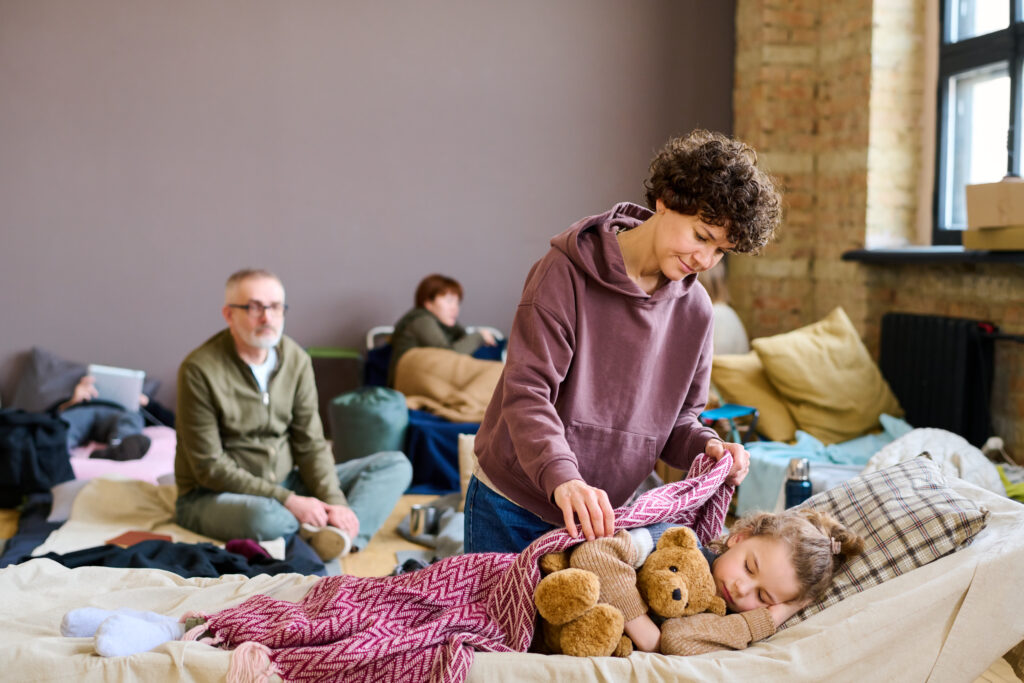
Let’s get real about something that hits close to home for many of us – the rights of the other parent during a CPS investigation. This part of the journey can be as twisty as a mountain road, especially for the parent not living with the child when the investigation starts.
Understanding the Rights of the Non-Custodial Parent
Imagine you’re the non-custodial parent, and CPS is suddenly on the scene. It’s like being thrown into the deep end without a life jacket. But here’s the deal – you’re not without rights. First off, you have the right to be informed. Unless there’s a solid reason to keep you out of the loop, like concerns for the child’s safety, you should be kept in the know about what’s happening with your kid.
Second, you’ve got a voice in this. You can share your perspective, provide information, and even challenge CPS’s findings if they seem off the mark. It’s like having a seat at the table – you might not be the one calling the shots, but you sure as heck have a right to speak up.
How the Other Parent Can Respond to a CPS Notification
Now, let’s say you’re that parent, and you’ve just been notified by CPS. Your heart’s racing, your mind’s running a mile a minute. Here’s how you can handle it:
- Keep Your Cool: This is tough, no doubt. But keeping calm is crucial. Remember, this is about your child’s welfare, not just your feelings.
- Gather Intel: Arm yourself with information. What’s the scoop? What are the concerns? Being in the dark won’t do you any good.
- Get Legal Backup: This is big league stuff. A lawyer can help you understand your rights and the best way to approach the situation.
- Stay Engaged: Show that you’re not just concerned, but proactive. Attend meetings, ask questions, and make sure your voice is heard.
It’s like being thrown into a game where the stakes are high and the rules aren’t always clear. But by staying informed, seeking advice, and actively participating, you can navigate these murky waters.
As we wrap up this section, it’s clear that the role and rights of the other parent in a CPS investigation are crucial pieces of the puzzle. But the story doesn’t end here. Up next, we’ll delve into how CPS investigations impact families as a whole. It’s about more than just procedures and notifications; it’s about the ripple effects on everyone involved. So, let’s keep moving forward, eyes wide open, ready to tackle the next chapter in this complex tale.
Impact of CPS Investigations on Families
Diving into the emotional whirlpool that CPS investigations stir up in families, we see it’s more than just a legal tangle; it’s a heart-wrenching journey for both parents and children.
Emotional and Psychological Effects on Parents and Children
Picture this: CPS steps in, and suddenly, your family’s world is flipped upside down. For parents, it’s like being caught in a storm of worry, guilt, and a heap of uncertainty. You’re grappling with the fear of what’s next, and it’s a heavy load to carry. And the kids? They’re in this too, often feeling scared or confused, maybe even thinking they caused the fuss.
This emotional turbulence isn’t a fleeting moment. It can stick around, leaving its mark on everyone involved. Parents might find themselves wrestling with trust issues or feeling like they’re always under a microscope. Kids could face their own battles, dealing with anxiety or changes in their behavior. It’s a bumpy ride, demanding patience, understanding, and a solid support system.
Long-Term Implications of CPS Investigations for Parental Relationships
Now, let’s zoom out and look at the bigger picture – the lasting impact on family dynamics. CPS investigations can reshape how parents interact, stirring up old conflicts or sparking new challenges. For some, it’s a nudge towards better communication and stronger bonds, all for the kiddo’s sake. But for others, it’s a wedge that drives them further apart, complicating co-parenting and the family vibe.
Conclusion
So, there you have it. We’ve navigated the complex waters of whether CPS notifies the other parent and the profound impact these investigations have on families. Remember, each case is unique, and the path CPS takes can vary widely. But at the core of it all is the well-being of our kiddos. If you find yourself in this boat, stay informed, seek support, and most importantly, keep your child’s best interests at heart. This journey might be rough, but understanding the process and knowing your rights can make all the difference. Here’s to navigating these challenging times with strength, wisdom, and a whole lot of heart.

